Inades-Formation Burundi
NATIONAL ASSOCIATION SINCE December 1975
Key figures
32,402 beneficiaries
1,349 organizations supported
6 completed projects
Story
From 1967, the Center for Research and Social Animation (CERAS) attached to the Secretariat of the Bishops of Rwanda and Burundi, played the role of relay in the activities of Inades-Formation based in Abidjan. This Center ensured the management of subscribers to correspondence courses. In 1974, the Inades-Formation establishment office, independent from CERAS, was created. On March 25, 1975, Inades-Formation Burundi acquired its legal recognition as a non-profit association under Burundian law, independent of the Episcopate of the Catholic Church of Burundi. Its head office housing the National Office is located in Bujumbura, at boulevard de l’UPRONA. In 2000, Inades-Formation Burundi was recognized as an international NGO.
Projects
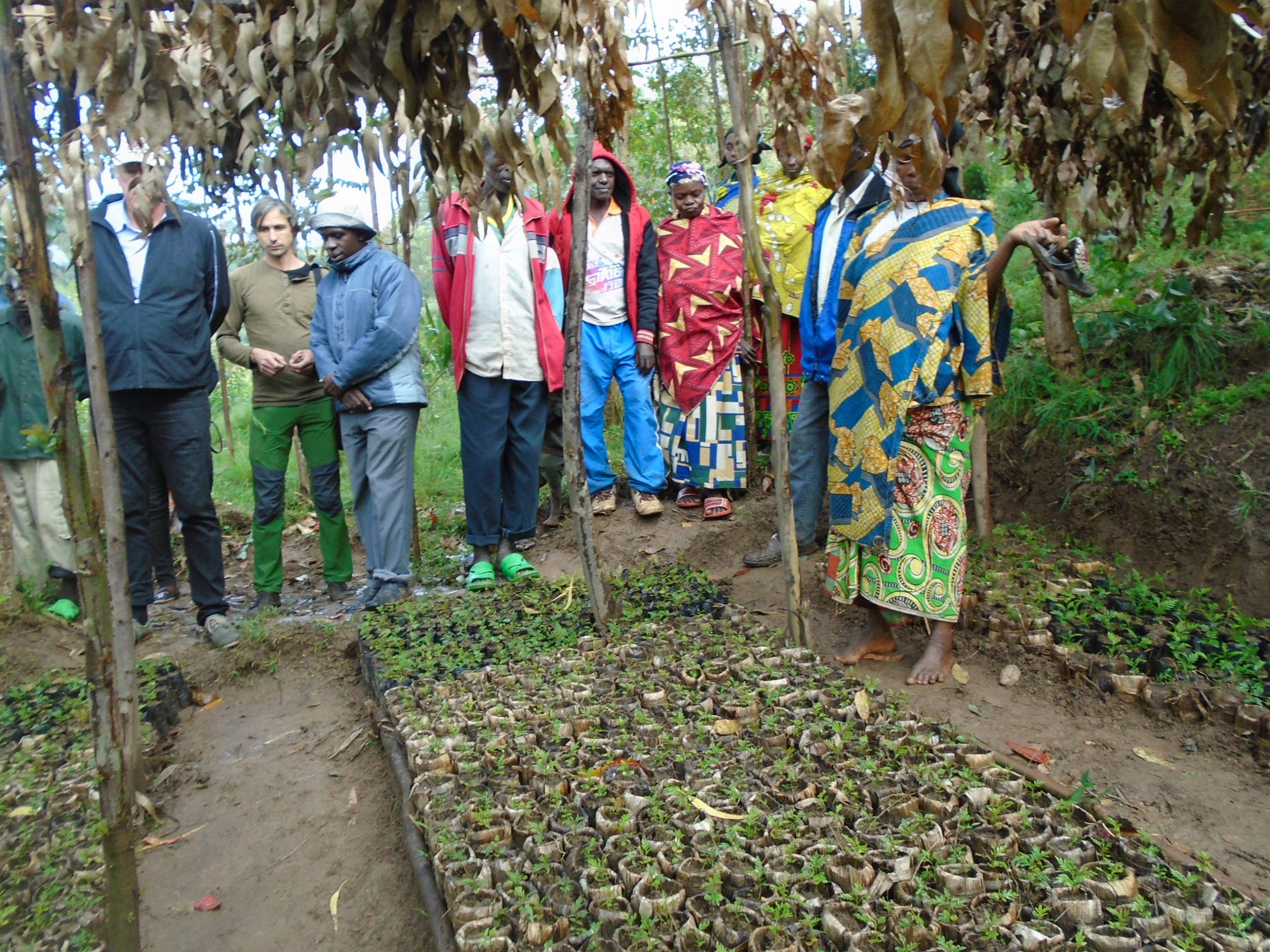
BD project / ITEKA MU NGO program
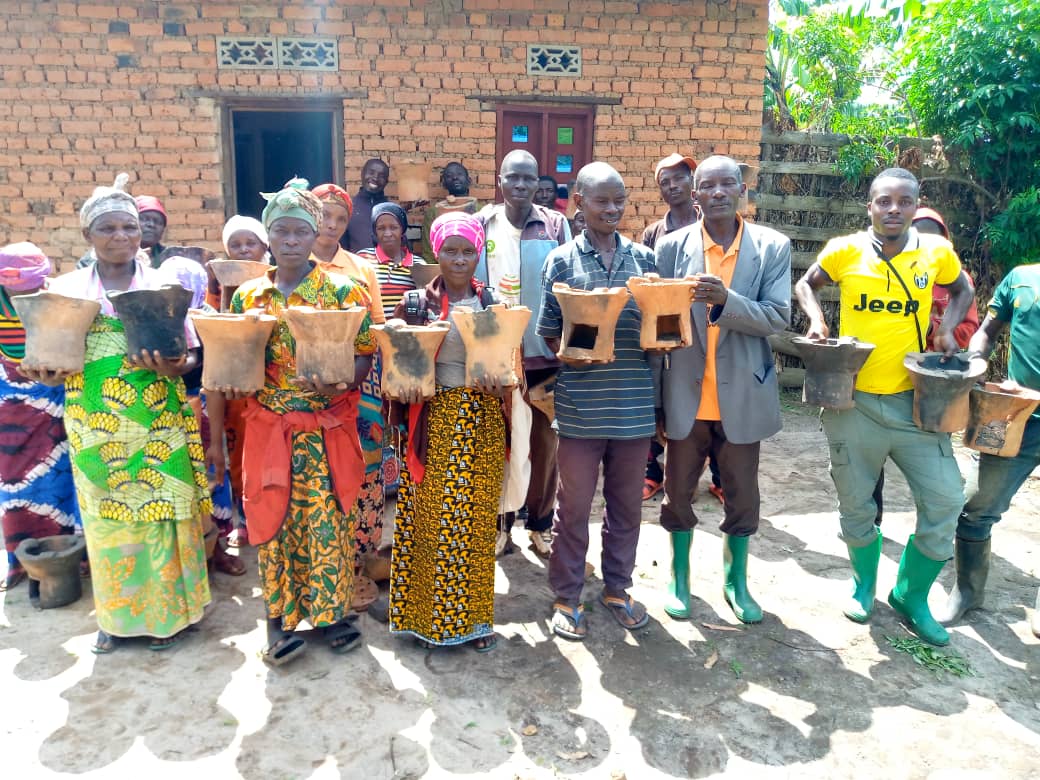
PRCCRCC II project
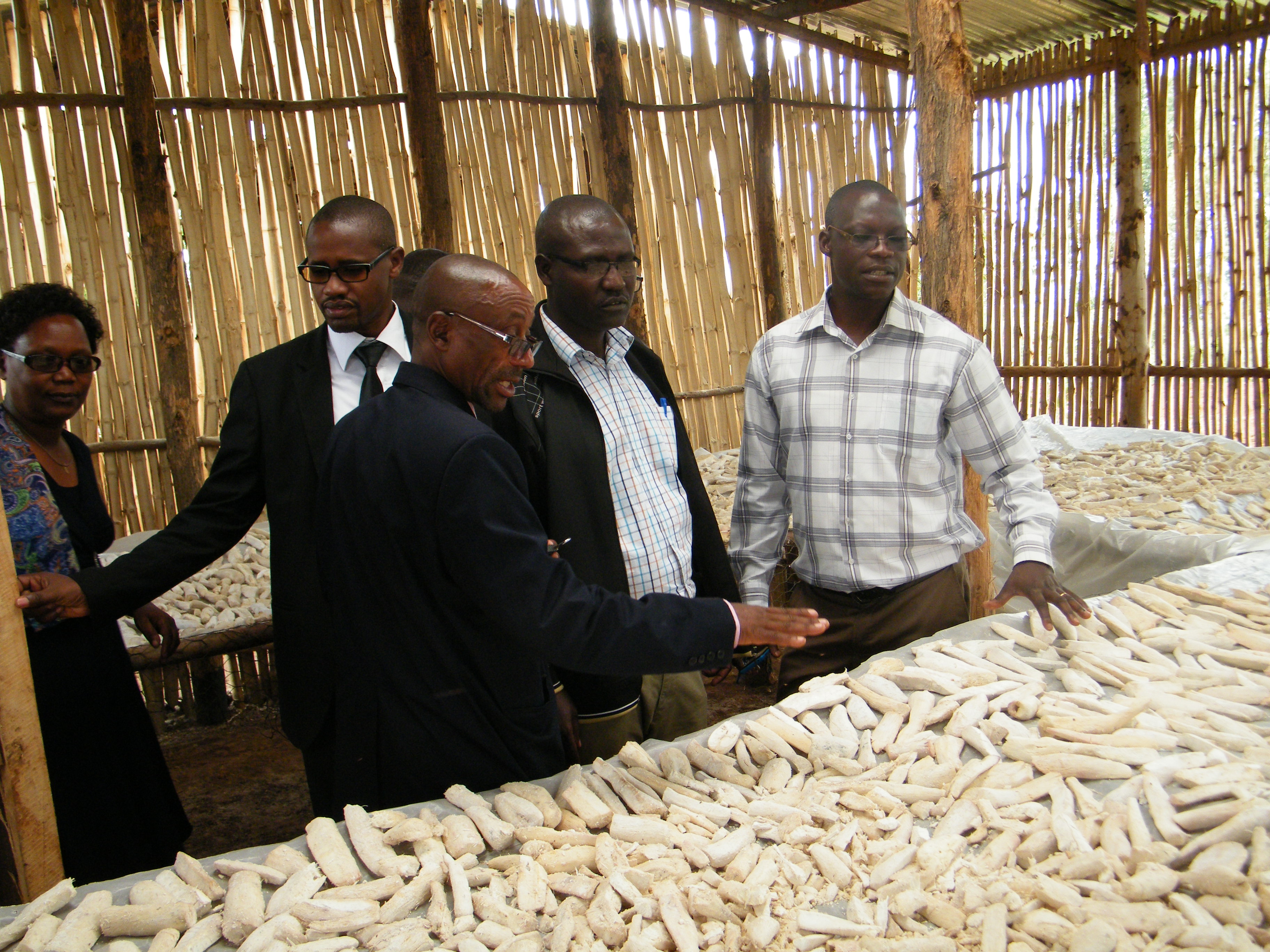
GB ERBER project

MISEREOR project
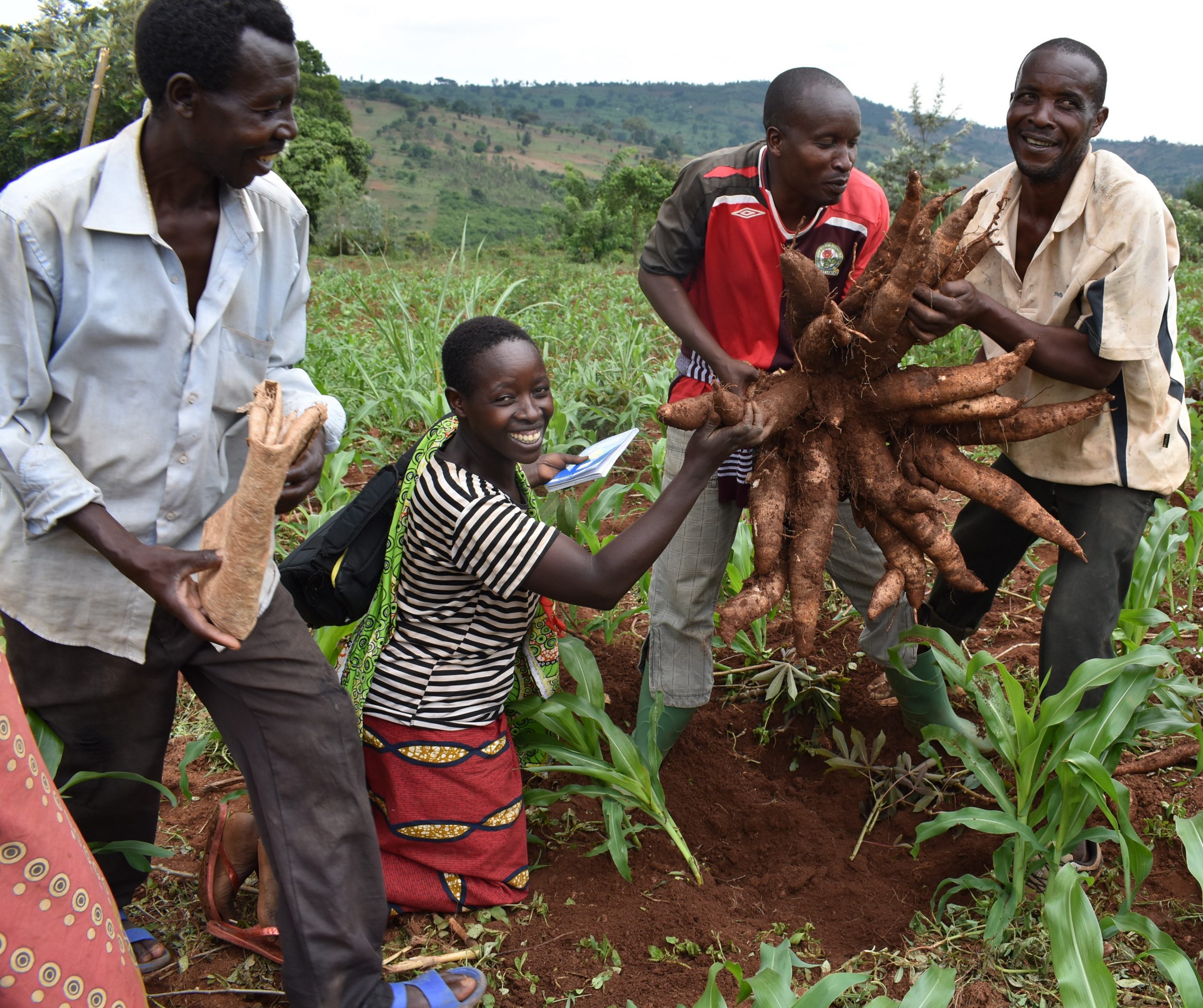
TAPSA project
The bodies of Inades-formation Burundi
1. The General Assembly
The General Assembly is the supreme organ of the association. It determines the general orientations of the activity of the Association and the objectives to be pursued.
2. The Executive Committee
The Executive Committee has the most extensive powers on behalf of the National Association in matters of administration. In particular, it has the powers of:
- Appoint the Director of the National Office and submit it to the approval of the President of the International Association
- Ensure the application of the decisions of the General Assembly;
- Approve the action plan;
- Approve the Annual Work Plan (PTA) and the corresponding budget;
- Read more ….
3. The Supervisory Board
The Supervisory Board has the following missions, among others:
- Monitor the achievement of the Association’s corporate purpose;
- Periodically monitor the Association’s expenses and suggest ways and means of optimizing the budget for overheads;
- Follow the management of the association by the Executive Committee and offer advice for improvement if necessary;
- Ensure the preservation of heritage;
- Ensure compliance with legal and regulatory requirements as well as the decisions of the bodies.
4. The National Office

Mr. NIGEZE Joseph
National office director

M. NDIKUMANA Audacity
Head of Programs

M. NTAGISIGAYE Dominique
Financial and Administrative Manager
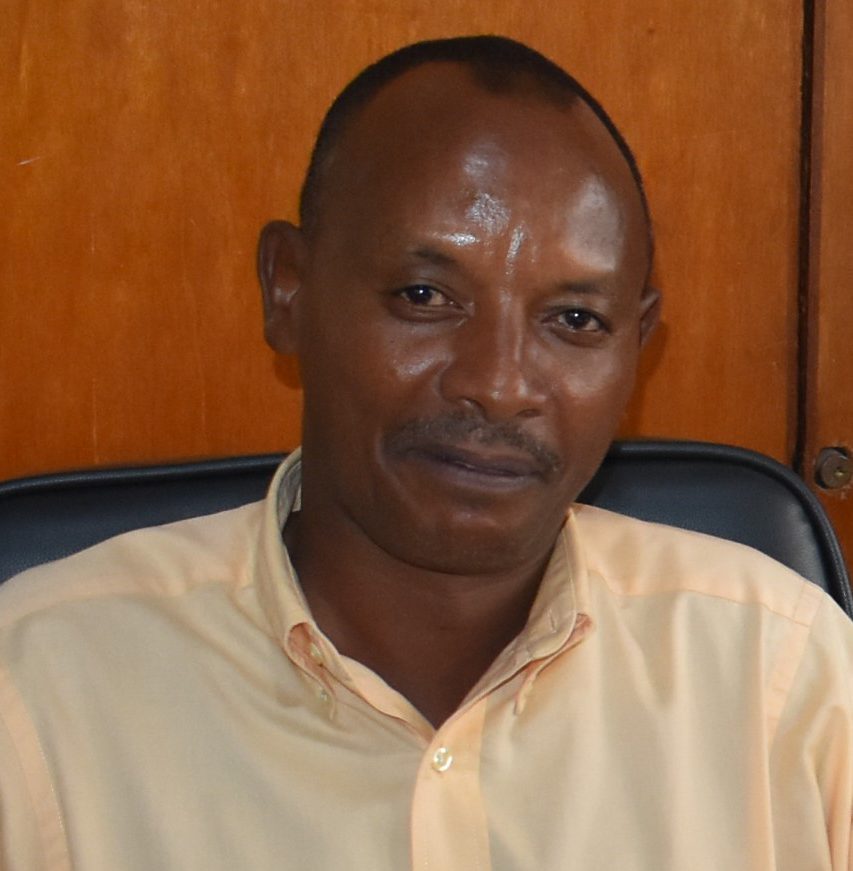
Mr. NDIKURIYO Félix
Accounting

M. BAVUMIRAGIYE Yves
Project Manager

Mrs NDORICIMPA Queen
Project Manager

Mr. NIMUBONA Sylvain
Project assistant

Mr. NKURUNZIZA Egide
Project Manager

Mr. NIMPAGARITSE Prosper
Project assistant

Mrs MINANI Rose
Accountant of the TAPSA project

Mr. NJEKUBWAYO Prince
GB project accountant

Mr. HAVYARIMANA Richard
Advocacy and Communication

Mrs KANEZA Annick
Executive Secretary

Mrs KWIZERA Aline
duty secretary

Mr. KABUHUNGU Salvator
Planton

Mr. MINANI Hilaire
Watchman

Mr. BARARWANDIKA Libérat
Driver
Contact Inades-Formation Burundi
Phone
+257 22 22 25 92
+257 22 22 65 49
Geographic address
BP 2520 Bujumbura
Burundi
E-mail address
inadesformation.burundi@inadesfo.net




